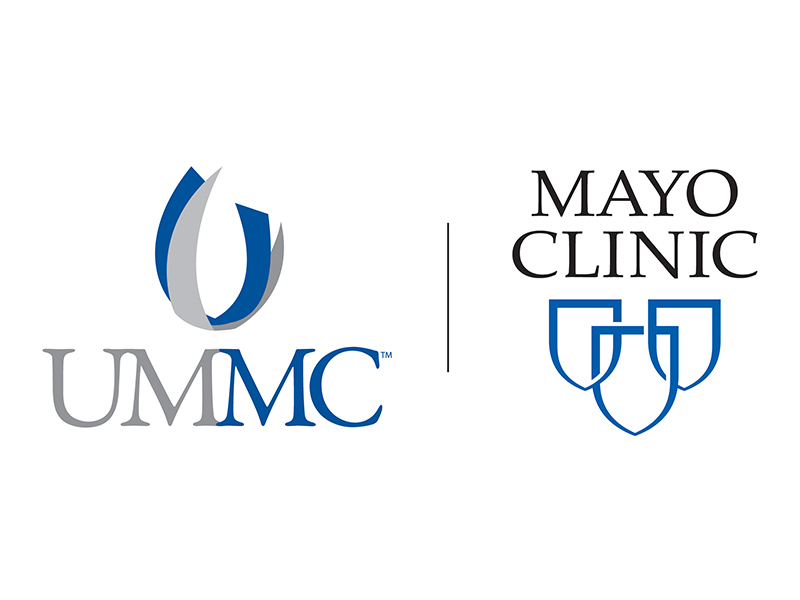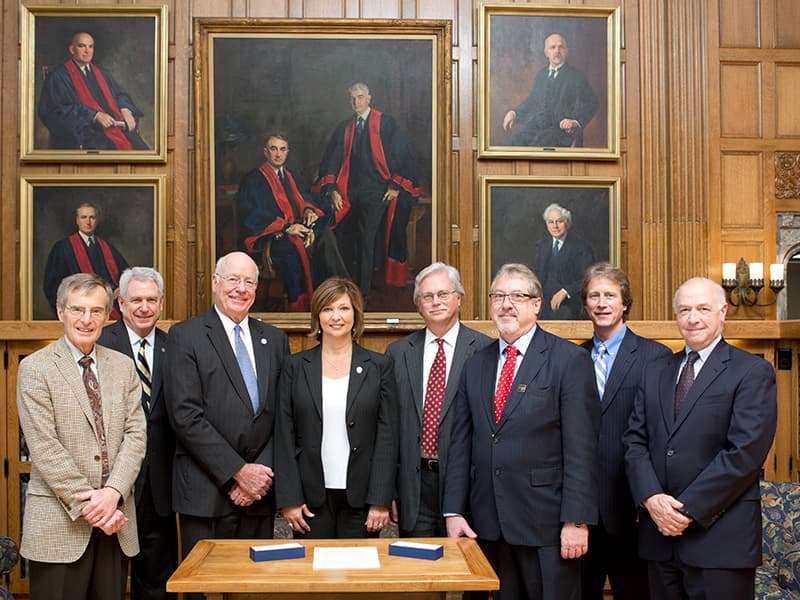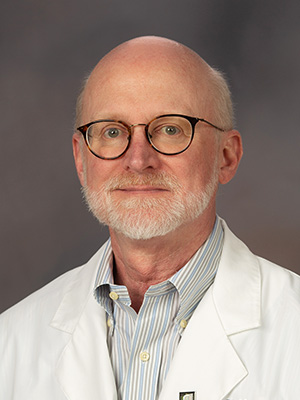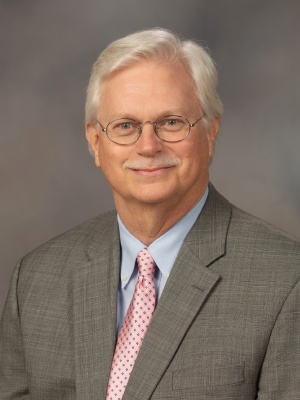Clinical research advances with UMMC, Mayo Clinic agreement

Science needs teamwork. It thrives when people pool their efforts, whether that be individual researchers or entire institutions.
The University of Mississippi Medical Center is working with the renowned Mayo Clinic in Rochester, Minnesota to enrich clinical and translational research at both institutions.
“Our institutions jointly recognized a need to collaborate on aspects of clinical research,” said Richard Summers, associate vice chancellor for research.
Announced in 2010 and further formalized in 2014, the agreement opened the doors for faculty to pursue broader research opportunities. Now, large projects are starting to take root.

One of the first major efforts is through the Mayo Clinic Study of Aging, or MCSA, a population-based project looking for factors that influence mild cognitive impairment and dementia.
The Mississippi-MCSA cohort will be led by Dr. Tom Mosley, Hughes chair of the Memory Impairment and Neurocognitive Dementia Center and Dr. Gwen Windham, professor of medicine and leader of the MIND Center’s Neuro-epidemiology Core.
The study’s goals, Mosley said, are “to determine the population-based prevalence of mild cognitive impairment and dementia, to identify biomarkers and risk factors that predict clinical outcomes with the aim of developing better tools for early diagnosis and prevention, and to elucidate factors underlying disparities in African-Americans and differences by geographic region.”

The Mayo Clinic’s world-class expertise in brain imaging, biomarkers and vascular disease makes them a great collaborator for research on Alzheimer’s disease and dementia, Mosley said.
“The project comes about as the culmination of roughly 2 decades of ongoing work between investigators at UMMC and the Mayo Clinic in brain aging and dementia,” said. That work includes the Genetic Epidemiology Network of Arteriopathy, a multi-ethnic study of hypertension.
Dr. Ronald Peterson, professor of neurology and director of the Alzheimer’s Disease Research Center at the Mayo Clinic, announced the collaboration with UMMC at a conference in August.
“Given the importance of the questions we’re trying to answer and given our successful and long-standing collaboration, we decided a collaborative effort would yield the best science,” Mosley said.
“Because we want to be able to directly compare our [Mississippi] findings to the Mayo Clinic Study of Aging based in Minnesota, we are taking deliberate steps to harmonize measures across the two studies.”
Harmonization is the key to facilitating all collaborations between the two organizations. This includes using a common electronic health record system.
“UMMC has used Epic for several years, while the Mayo Clinic is transitioning to this system now,” Summers said. Using the same system allows the institutions to share patient data for clinical research, registries and trials easily.
Later this year, UMMC and Mayo plan to purchase a shared trials management system. We will also hire dedicated clinical trialists to run studies, Summers said.
UMMC brings not only Epic expertise to the collaboration, but diversity. Mississippi’s high rates of heart disease, obesity, diabetes, stroke and hypertension are in stark contrast to Minnesota’s low rates. Furthermore, Mississippi’s African-American population helps meet a need to study health and disease in groups other than Minnesota’s largely white population.
This diversity is crucial for biobanking, another Mayo-UMMC collaboration.
In 2016, the National Institutes of Health named Mayo as the national biobank site for the All of Us research program, a longitudinal research study of 1 million people aimed to advance the study of precision medicine. Mayo has several partners preparing and sharing samples daily on the $142 million project, Summers said, including UMMC.

“But UMMC has a special relationship as an academic partner with Mayo in this initiative,” Summers said.
UMMC is also building out the adult hospital’s currently shelled-in 7th floor as a Clinical Trials Unit. This space will be used as a “platform for Mayo-UMMC trials”, Summers said.
“The Mayo Clinic has a broad international reputation for excellence,” Summers said. “They are known innovators in health care and national leaders in precision medicine and cutting-edge research. At UMMC, we share a similar perspective.”


